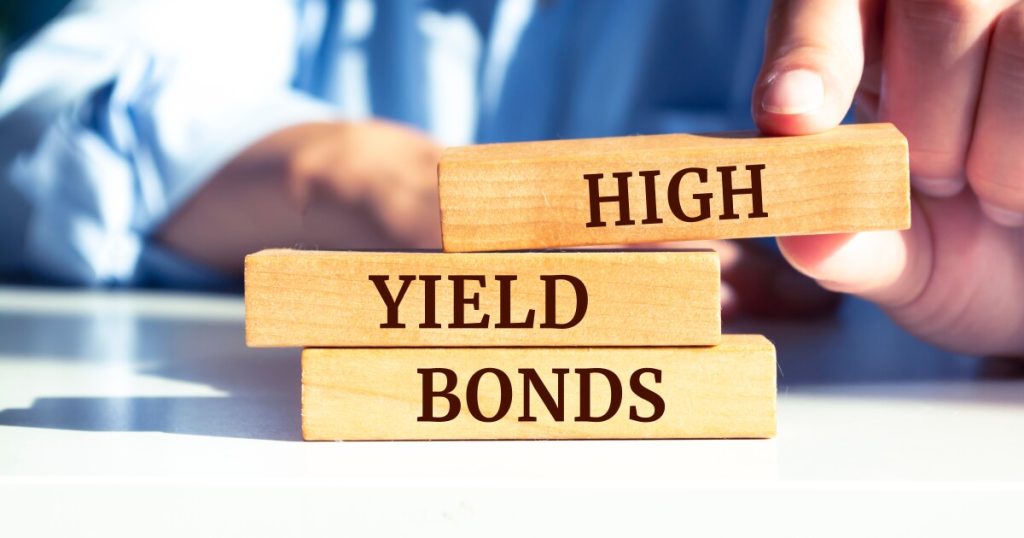Adobe Stock
I first heard about Michael Milken in 1970 from Professor James Walter, who accepted me into Wharton’s finance Ph.D. program. Having completed his Wharton MBA, Milken was honored to co-author an
Instead of accepting Walter’s invitation into Wharton’s Ph.D. program and becoming my classmate, Milken decided to implement his junk bond findings on Wall Street. The rest is history.
Besides making Drexel Burham Lambert one of the most powerful investment banking firms, Milken became the “King of Junk Bonds.” He also became Wall Street’s richest person.
His $550 million income in
Milken reshaped corporate America by fueling the 1980’s leveraged buyout “merger mania” and financing firms like 7-Eleven, CNN, MGM, Revlon and Safeway, most of which might not exist today. Others, like the $1+ billion he raised for Trump’s three Atlantic City
Despite the best lawyers money could buy, Milken couldn’t beat the SEC’s securities violation charges, resulting in a 10-year sentence, $600 million penalty and industry ban in 1990. Drexel filed for bankruptcy that year. As a cooperating witness with good behavior, he was
President Trump
For years I wondered what might have happened if Milken joined our 1970 Ph.D. cohort of ten students.
My question was partially answered during a chance 1994 meeting at Wharton when I happened to have my first book on the Community Reinvestment Act, or CRA, with me. After thumbing through it, Milken politely asked “What’s CRA?” I explained how it helps low- and moderate-income households and small businesses access bank credit they might not otherwise get. He smiled and said, “Just like junk bonds do with large businesses.” He thanked me and left.
I then realized that “Michael Milken, Ph.D.” would have pursued his junk bond research but still have ended up on Wall Street. However, the extra years of rigorous doctoral training in ethics, financial markets and regulations might have led to a Nobel prize instead of an ignoble prison legacy. But, that is speculation.
What is not speculation was Milken’s magic of marketing billions of junk bonds to insurance companies, pension funds and even federally insured thrifts, permitted to buy them under a disastrous
That’s when our paths diverged: Milken’s 1980s goal was to flood thrifts with junk bonds. My goal was to ban thrifts from investing in them.
Only Milken and the thrift regulator knew how many junk bonds thrifts held. I published several articles arguing thrifts should disclose their holdings, including a
The next day I got a not-so-friendly call from one of Milken’s lieutenants at his famous Beverly Hills X-desk. “Name one thrift that failed because of junk bonds?” I replied an answer wasn’t possible without required disclosure.
Meanwhile, a March 1989
I was shocked how some large public thrifts hid their junk. CenTrust Savings, Florida’s largest thrift where I opened my first bank account, reported $1.3 billion of Milken’s junk bonds as “Commercial Loans with Bond Characteristics.” At
I published numerous junk bond releases in 1989, including “
First, I received dozens of calls from investment bankers, junk bond investors, attorneys, lobbyists and others wanting my research. I shared it only with the inquiring
Second, I received additional unfriendly calls from Drexel and some disclosed thrifts, further confirming I was on the right track.
Third, the Alliance for Capital Access, a well-financed, Milken-backed lobbying group
Fourth, I became the lone critic of the
Fifth, numerous congressional staffers called to discuss my findings. I was invited to D.C. to meet them and members of Congress, including Representative Byron Dorgan. My
My work was done.
Walter was surprised that two of his students took diametrically opposed positions on thrift junk bond investments but was pleased both dedicated their careers to expanding access to credit.
Nobel prizes in financial economics have been awarded for theoretical research and models with limited real-world applications. Milken arguably deserved one for his development of an effective CRA for big business, but his lack of a Ph.D. plus his criminal conviction would likely disqualify him. Ironically, his pardoning friend and former junk bond client Donald Trump, has a much better shot at a Nobel Prize, even with his own criminal conviction.
